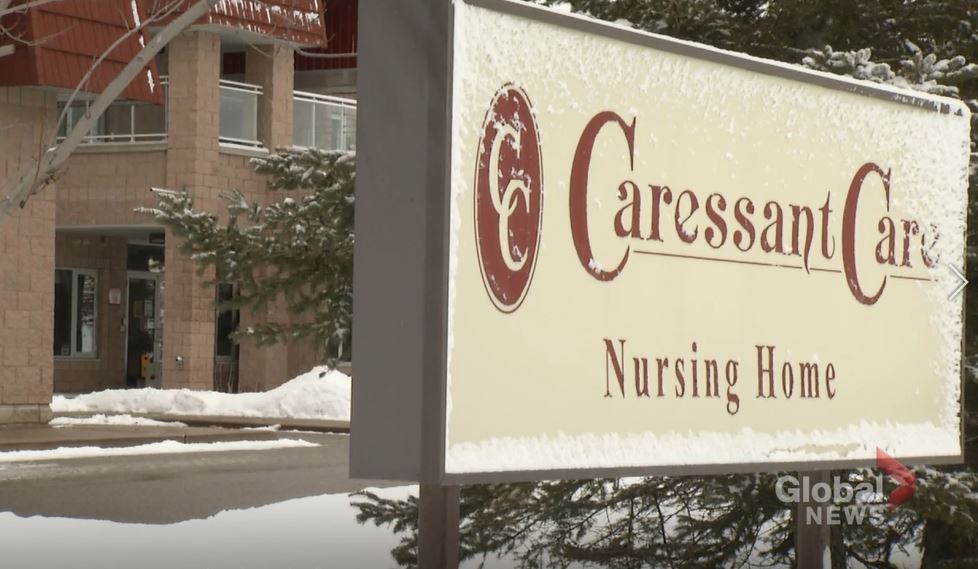Residents living at hard-hit Caressant Care McLaughlin in Lindsay who received a first dose of the Moderna vaccine earlier this month will get the second and final vaccination on March 2, Ross Memorial Hospital (RMH) states.

A first round of Pfizer doses will be provided to remaining residents, staff and essential caregivers the next day.
RMH has taken over management of the 96-bed facility for a 90-day period to help it recover from an ongoing coronavirus outbreak declared on Jan. 9 that has lead to the deaths of 17 residents.
An update from Caressant Care’s head office on Feb. 10 confirmed 41 residents received the first dose of Moderna vaccine on the 9th.
Meanwhile, a shipment of 4,500 Pfizer vaccines arrived at the Haliburton, Kawartha, Pine Ridge District Health Unit (HKPRDHU) earlier this week.
The vaccines are currently at RMH in Lindsay and Northumberland Hills Hospital (NHH) in Cobourg.
Those doses are for the staff of long-term care and retirement homes, essential caregivers in those facilities and health-care workers in area hospitals.
“There will be some left over — maybe another 1,000 — to start the high-priority health-care workers,” said HKPRDHU acting medical officer of health Dr. Ian Gemmill.
“I’m really glad we will be able to offer our colleagues, working the front line and potentially being exposed to coronavirus through their work, the advantage of having the vaccine.”

Get weekly health news
Persons receiving home and community care, as well as other members of the community who are 80 years of age and older, will be vaccinated in March.
“We understand that in March more of both kinds of vaccines (will arrive). That will put us in a pretty good situation,” added Gemmill.
A shipment of 1,700 Moderna vaccines is due to arrive later this week. This will be for the second doses for long-term care residents.
Meanwhile, a committee of health-care professionals and municipal staff members continues to work on a community mass-immunization plan that will likely see large-scale clinics set up.
This could include drive-thrus and may use larger venues such as arenas and community centres.
“Once we get a fridge-stable vaccine — none of them so far can be stored in a fridge — once we get that, we will be in a better position to think about the immunization of the entire population, starting with essential workers and those who are over the age of 80,” Gemmill said.
Gemmill noted that every year the health unit provides influenza vaccines to half the population and while the vaccinations for COVID-19 will likely see more uptake, which he estimates at around 70 per cent, the health unit should be able to handle the community rollout.
“We do that every year. We have a lot of experience with that. To do that, we use our colleagues in pharmacies, family health teams and so on. While it seems daunting, we have experience and I think it will be OK,” he said.
“Everyone will have access to this vaccine.”
Gemmill said he expects the health unit to be able to do thousands of vaccinations per day once the mass-immunization of the community begins.
“We’ve made it very clear to the hospital and medical officer of health that we are ready to help, if and when we can,” said City of Kawartha Lakes Mayor Andy Letham.
“Whatever buildings and facilities we need to utilize or staff we need to reassign. We as a municipality are standing by and are ready to work with them to get the vaccine into as many arms as possible.”









Comments